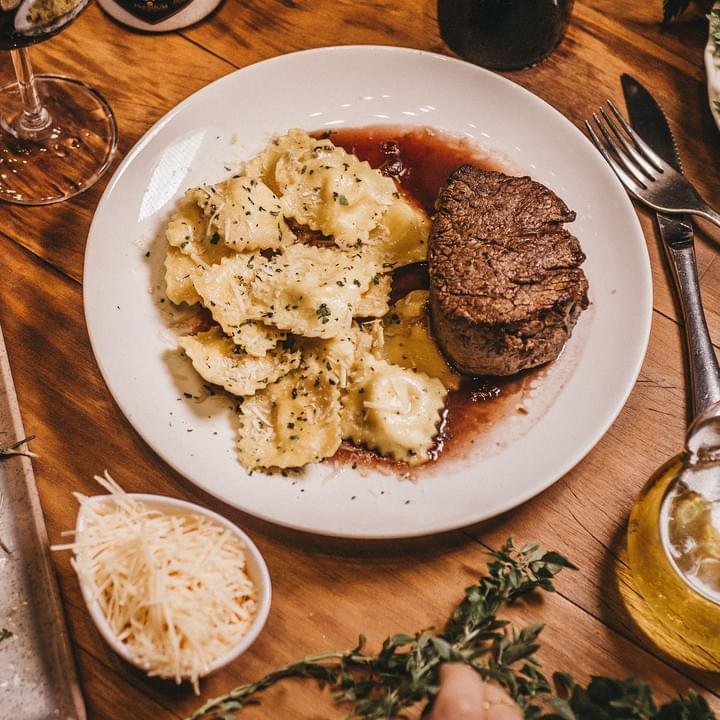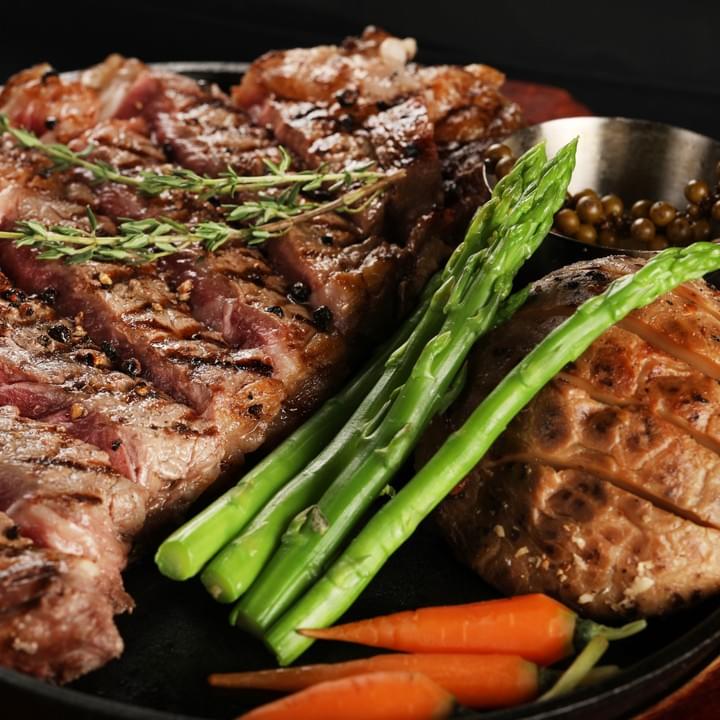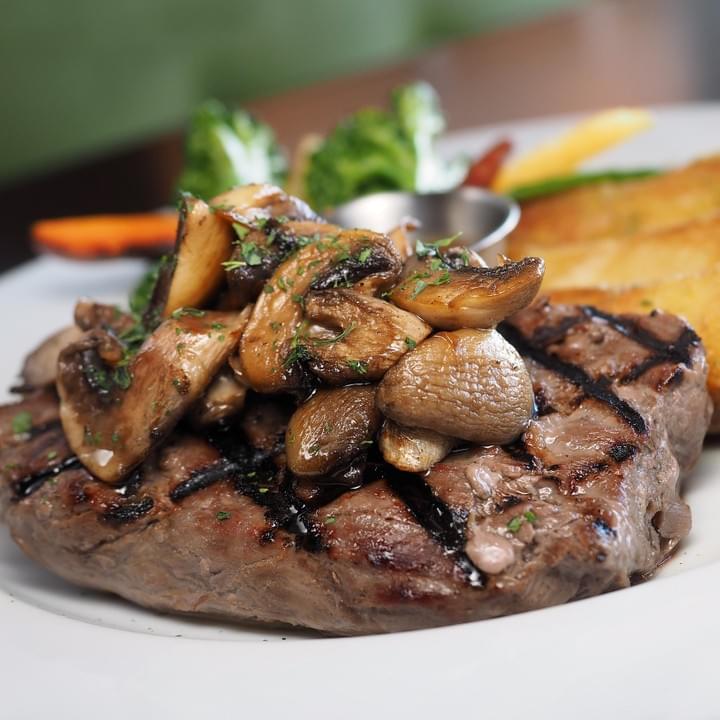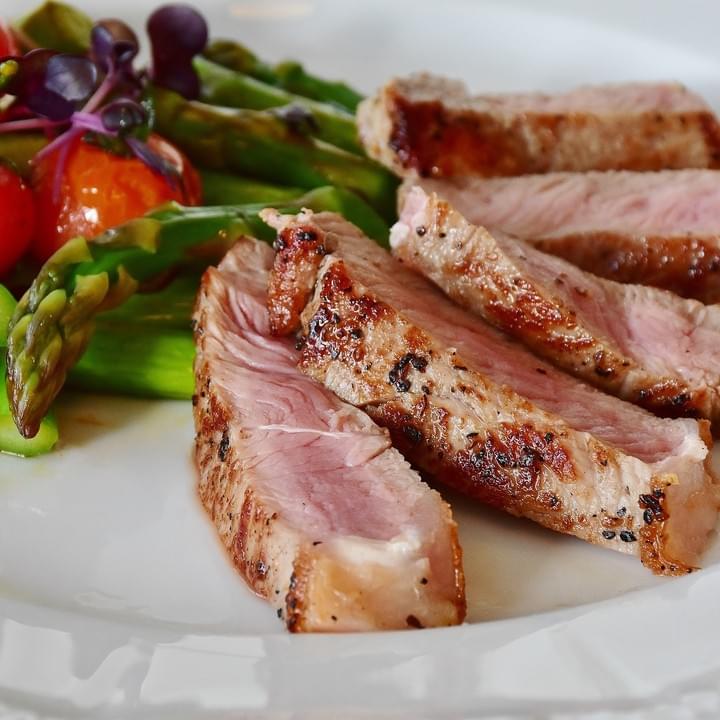

ABOUT US
Immerse yourself in food and visit Le Restaurant where we serve passion.
Discover our kitchen, chase the flavors, and experience the pleasure of finding the difference.
Red Wine Vs. White Wine
Passion
Whether you want red or white wine is normally a matter of preference.
But if you would like the safest choice, which should you pick?
Red wine has attracted lots of attention because of its research-backed capability to reduce the chance of cardiovascular disease and lengthen your life span.
Does white wine have the very same advantages?
This guide will review what you want to learn about white and red wine -- how they are made, what to watch out for and that is fitter.
What's Wine?
Wine is made of fermented grape juice.The method of fermentation turns the sugars in the grape juice into alcohol.
Fermentation can happen naturally, but occasionally winemakers include yeast to help restrain the procedure.
The crushed grapes are placed through a media, which eliminates the skins and other residue. Whether this measure is completed prior to or after fermentation, together with avocado color, decides if the wine gets white or red.
To create white wine, grapes are pressed prior to fermentation. Red wine is generally pressed following fermentation.
Following this step, the wine is aged in stainless steel or oak barrels till it is ready to be brewed.
To enjoy your wine properly you should have a wine cooler and you can check the best ones here.
Difference Between Red and White Wine
The most important difference between red and white wine needs to do with the colour of the grapes used. Additionally, it has to do with if the grape juice is fermented or without the grape skin.
To create white wine, grapes are pressed and skins, skins and stalks are removed prior to cessation.
But to create red wine, the smashed red grapes are moved to vats right and they ferment together with skin, seeds and stalks. The grape skins give the wine its own pigment, in addition to lots of the distinguishing health substances found in red wine.
As a consequence of steeping together with the grape skins, red wine is very full of plant chemicals which are found in these skins, like tannins and resveratrol (1Trusted Source).
White wine also has a few of those wholesome plant chemicals, but generally at much lower levels (2Trusted Source).
A variety of grape varietals are utilized to create wine, such as Pinot Gris, Syrah and Cabernet Sauvignon.
While red varietals have been utilized to create red wine, white wine can really be produced from white or red blossoms. For example, conventional French champagne is created with the red Pinot Noir grape.
Many nations produce wine.
When most areas grow various kinds of grape varietals, some areas are especially famous for two or one, for example Napa Valley Chardonnay, Spanish Tempranillo and South African Chenin Blanc.
SUMMARY:Red wine grapes are fermented with the skin , which provides the wine its colour and supplies valuable plant chemicals.
Since it ferments with grape seeds and skins, red wine is extremely high in plant chemicals that provide a number of health advantages.It Could Help Reduce Heart Disease Risk
Red wine is the assumed secret supporting the French paradox.That is the notion that there is relatively small heart disorder in France, despite a custom of eating a diet high in saturated fat (5Trusted Source, 6Trusted Source).
Studies have discovered that drinking red wine might have a protective influence in the cardiovascular system (7Trusted Supply , 8Trusted Source).
In reality, it's been connected to some 30% lower chance of dying from heart disease (9Trusted Source).
In part, that might be because wine comprises compounds which have both anti-inflammatory and antioxidant consequences.
It Could Help Boost"Good" HDL Cholesterol
Red wine has also been proven to raise levels of"good" HDL cholesterol, which can be linked to reduced rates of coronary disease (11Trusted Source).A small study found that adults who had been advised to consume 1--two glasses of red wine per day for four months found an 11--16% increase in their HDL levels, in comparison to people who drank water, or water along with a grape extract (11Trusted Source).
It Could Slow Down Brain Loss
This could partly be attributed to the antioxidant and anti-inflammatory action of resveratrol, an antioxidant-like chemical in red wine (16Trusted Source, 17Trusted Source).Resveratrol appears to avoid protein particles known as beta-amyloids by forming. These beta-amyloids play an integral role in forming the plaques within the brain which are a hallmark of Alzheimer's disease (18Trusted Source).
Additional Advantages of Resveratrol
Resveratrol has been much researched because of its possible benefits as a nutritional supplement. In such focused doses, resveratrol Appears to have the following advantages:Eases joint pain: It prevents pus from becoming damaged (19Trusted Source, 20Trusted Supply ).
Helps with diabetes It raises insulin sensitivity.
Might assist with cancer: Resveratrol's potential to prevent and treat cancer has been widely researched, but results are mixed (23Trusted Source, 28Trusted origin , 29Trusted Source).
SUMMARY:Red wine has been connected with many different health benefits. It is considered to decrease the danger of cardiovascular disease, increase HDL cholesterol and slow esophageal mental decline.
A good deal of research has emphasized red wine, but white wine and other kinds of alcohol can also be connected to health benefits.Here are a Few of the main kinds:
Reduced risk of coronary disease: over 100 studies have demonstrated that moderate alcohol intake is related using a 25--40 percent decline in the risk of coronary disease (30Trusted Source).
Lowered risk of death from cardiovascular disease or stroke: In a recent research, individuals who drank low-to-moderate quantities of wine were not as likely to die from cardiovascular disease or stroke, compared to individuals who drank beer or other spirits (31Trusted Source).
Better cholesterol amounts: moderate levels of alcohol also appear to boost cholesterol levels (32Trusted Source).
Lowered danger of departure: Many population studies have demonstrated moms to have reduced risks of death from all causes, for example heart disease (33Trusted Source).
Reduced chance of esophageal diseases: Light-to-moderate drinkers of wine or other alcohols have reduced risks of esophageal diseases, such as Alzheimer's and Parkinson's, in comparison to non-drinkers (33Trusted Source, 34Trusted Source).
Diminished risk of several cancers: Observational studies indicate that wine drinkers may have lower levels of lung cancer (36Trusted Source).
That having been said, it is important to remember that these studies are observational in nature. They can't prove cause and effect and needs to be taken with a grain of salt.SUMMARY:Generally speaking, drinking low-to-moderate quantities of alcohol is connected to a lower risk of several diseases.
The largest downsides of drinking wine include drinking a lot of it (37).Just how much is too much depends upon who you ask, because recommendations for low-risk alcohol intake vary between states.
Many individual states, such as the US, urge limiting alcohol to less than two drinks per day for men and one drink per day for women. Some states' top limits are less than that.
Be aware that many of"large" reds, like the ones from California, tend to be high in alcohol, in the assortment of 13--15 percent by volume.
In excessive amounts, it can lead to organ damage, dependence and brain damage (35Trusted Supply , 37).
Drinking too much can also raise your chance of contracting contagious diseases, since it might weaken your immune system (39Trusted Supply ).
What's more, drinking alcohol appears to increase the probability of creating a number of kinds of cancer (40Trusted Supply ).
These severe dangers are the chief motives health experts urge people to not begin drinking for the sake of health.
SUMMARY:drinking alcohol of any sort may have adverse health effects, particularly in case you drink a lot of.
If you're likely to drink wine, then it appears obvious that red wine is considerably fitter -- or not as awful -- than white wine.That having been said, swallowing alcohol ought to never be encouraged for a means to boost health, given the damaging effects can be enormous if you drink a lot of it.
Additionally, the majority of the studies demonstrating benefits are observational in nature, meaning that they can not prove cause and effect.
Should you like drinking wine, red wine would be your better option, but limiting your alcohol intake (or preventing it completely ) would be the safest option.

OUR DELIGHTFUL MENU
Beyond the boundaries of taste.
MAIN DISHES
Wish and eat.

FILET MIGNON
Tenderloin sauted with special marinade and served with Pappardelle pasta.

RUSTLERS RIBEYE
Thick, hand-cut prime rib, grilled to order, served with rosemary, asparagus and baby carrots.

SHRIMP PASTA
Juicy shrimp and savory noodles generously coated with our special red sauce topped with black pepper and parsley.

BOURBON TENDERLOIN
Tenderloin, sautéed with mushrooms and finished with a bourbon-BBQ sauce

ROAST PORK LOIN
Slow roasted pork loin finished with a portabella demi-glace. Served with toasted garlic and onion chives on top.

VEAL STEAK
Tender veal tips grilled with fresh asparagus and cherry tomatoes on the side.
CONTACT US FOR RESERVATIONS
Let’s meat!
320 Fowler Street, Lynbrook, New YorkMON- FRI: 08:00 AM - 10:00 PM
SAT - SUN: 10:00 AM - 11:00 PM321-555-1078
Restaurant © 2019







